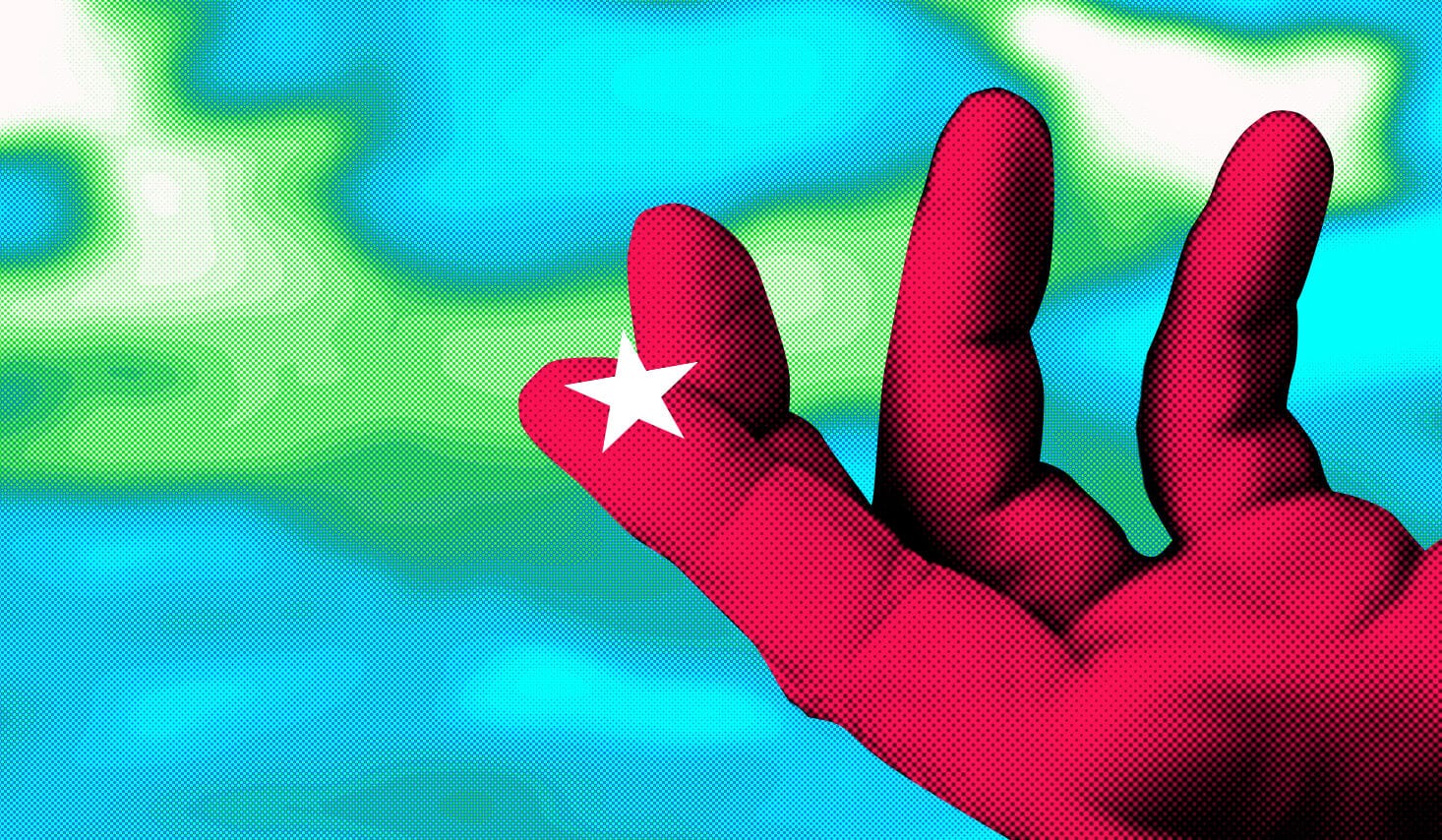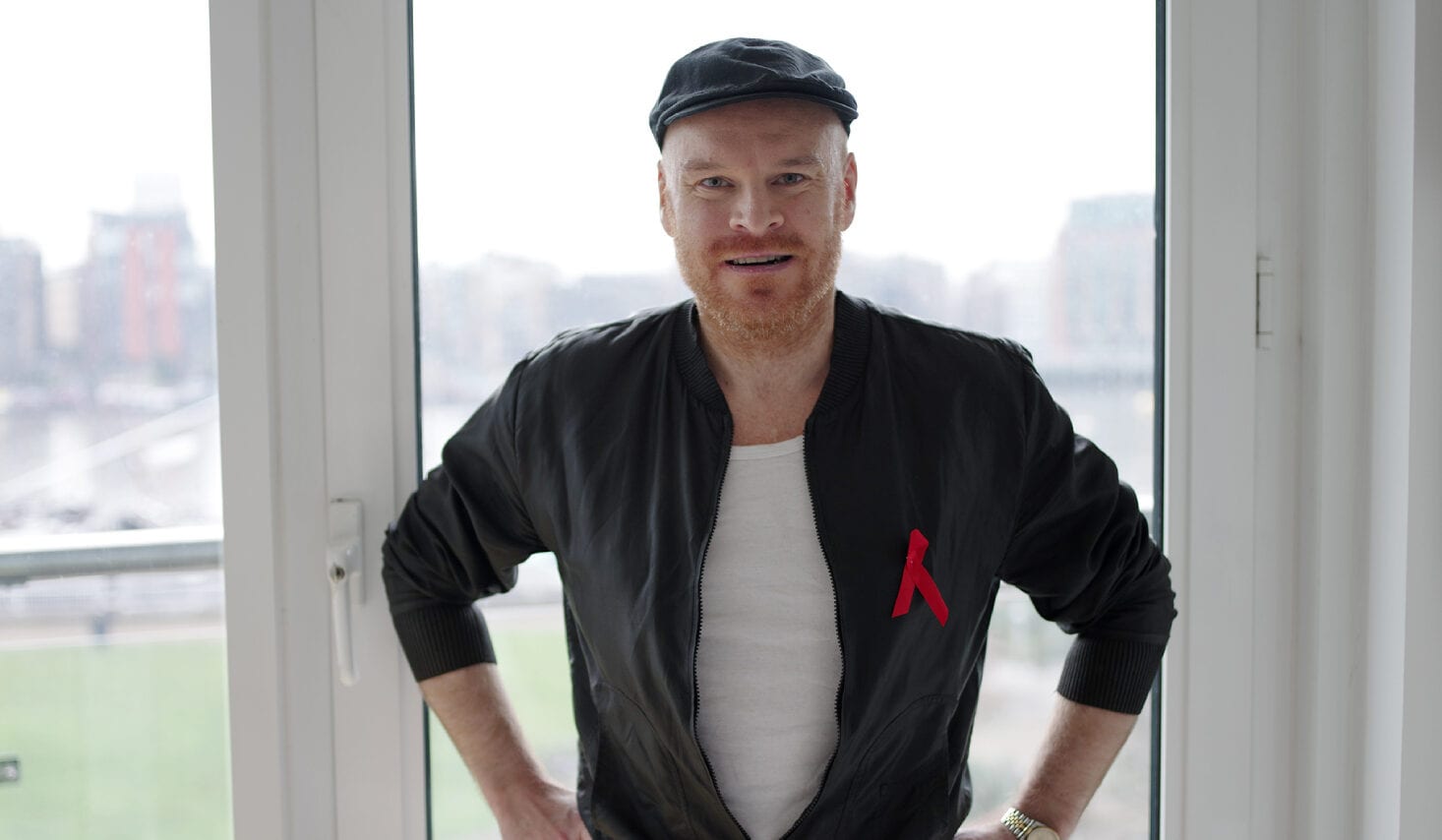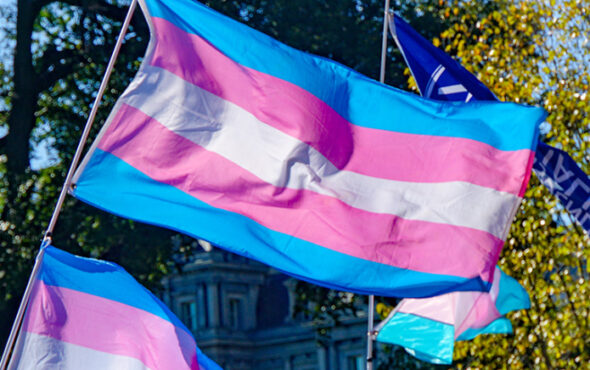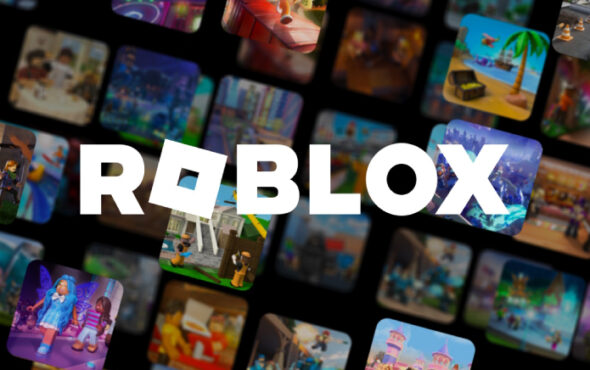
National HIV Testing Week takes place this year from 1 to 7 February in England. I was diagnosed with HIV in January 2010, and have now been living with HIV for 11 years. This year I want to send a clear message about the importance of knowing your HIV status.
At the moment we are all facing extraordinary challenges. This time last year none of us could have imagined the impact coronavirus would have on our lives. We are experiencing loss, bereavement, unemployment, uncertainty surrounding housing, or simply a lack social contact.
Human beings were not made to live in isolation – we all crave social interaction. However, to reduce the spread of coronavirus we have to drastically limit our interactions with other people and this is now increasingly enforceable by law.
Many are experiencing mental health issues. We are trying to practice self care, including finding new and healthy routines. Regular sexual health screening was part of my routine from my late teens. I found screening for HIV and sexually transmitted infections to be empowering and made me feel more confident. I was protecting not just myself, but also my sexual partners. I was in control.
It was because I went for six-monthly check-ups that my HIV was diagnosed early on. I was 24 at the time – it was not easy to come to terms with my HIV diagnosis. However, early diagnosis meant that my HIV was monitored by health professionals.
I am now on HIV medication, my viral load (a measure of the amount of HIV in the blood) is undetectable. This means my immune system is protected from HIV. Many Gay Times readers will be familiar with “Undetectable equals Untransmittable” (U=U). I know I can’t pass HIV on to other people. U=U is an important HIV prevention tool, but also very reassuring for people like me living with HIV.
Whilst many of our old routines have been destroyed because of coronavirus, it is still easy to access HIV testing, just not necessarily in the way we previously did. In 2019, well over one million HIV tests took place in England’s sexual health clinics and approximately 20% were already done online, a significant proportion of these through home testing kits.

This year we need to really embrace home testing. I recommend that you get tested for HIV during lockdown and build HIV testing into your routine.
Home testing kits were first introduced in the UK around 2015 and even before coronavirus had many advantages. For example, if you lived in a rural area and a considerable distance from your nearest sexual health clinic, ordering a home testing kit could be a lifeline. Home testing can also be done in the privacy of your own home.
Alongside condoms, Pre-Exposure Prophylaxis and U=U, HIV testing is our other major tool in fighting HIV. And you can still participate in HIV Testing Week. You have the power to know your own status and thereby play an active part in the UK’s HIV response.
Data from 2019 shows that HIV transmissions fell again in 2019 across the UK. Getting tested this HIV Testing Week will ensure that trend continues and is an achievement you can be proud of. Get tested for yourself and your community.
Tristan Barber, a leading HIV clinician sums this up:
“Knowing your HIV status can be empowering. HIV is a treatable chronic illness, that you cannot pass on sexually if you are on treatment and undetectable. Testing week is important to encourage and destigmatise HIV, and to help us move towards the goal of eliminating new HIV transmissions by 2030. If you haven’t before, or haven’t recently, take this opportunity, and get tested.”
Visit this link to find out where you can order a home testing kit.



